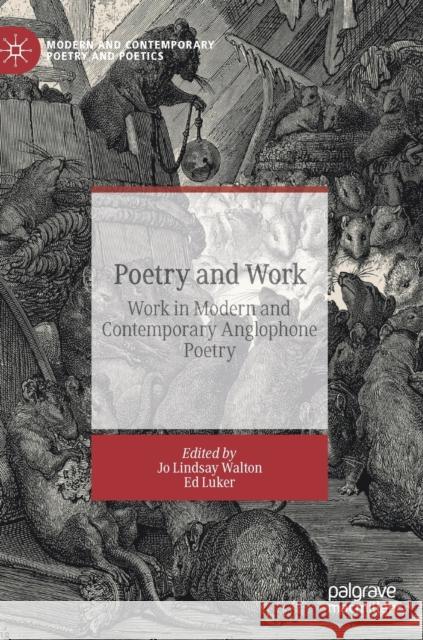Poetry and Work: Work in Modern and Contemporary Anglophone Poetry » książka
topmenu
Poetry and Work: Work in Modern and Contemporary Anglophone Poetry
ISBN-13: 9783030261245 / Angielski / Twarda / 2019 / 396 str.
Poetry and Work: Work in Modern and Contemporary Anglophone Poetry
ISBN-13: 9783030261245 / Angielski / Twarda / 2019 / 396 str.
cena 402,53
(netto: 383,36 VAT: 5%)
Najniższa cena z 30 dni: 385,52
(netto: 383,36 VAT: 5%)
Najniższa cena z 30 dni: 385,52
Termin realizacji zamówienia:
ok. 16-18 dni roboczych.
ok. 16-18 dni roboczych.
Darmowa dostawa!
Kategorie:
Kategorie BISAC:
Wydawca:
Palgrave MacMillan
Seria wydawnicza:
Język:
Angielski
ISBN-13:
9783030261245
Rok wydania:
2019
Wydanie:
2019
Numer serii:
000360986
Ilość stron:
396
Waga:
0.64 kg
Wymiary:
21.01 x 14.81 x 2.39
Oprawa:
Twarda
Wolumenów:
01
Dodatkowe informacje:
Wydanie ilustrowane











